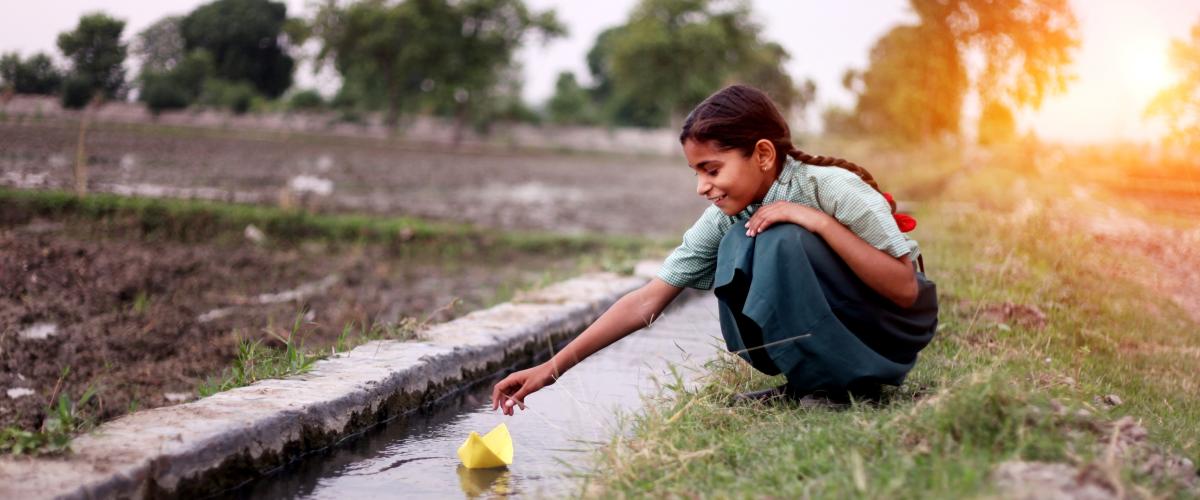
News
This year, the rate of extreme global poverty is expected to fall below 10%, dropping into single digits for the first time in history. Inclusive economic growth, especially in China and India, has driven this success.
Imagine being able to choose the safest school for your kids–the school that is least likely to flood, for example–by using up-to-date map data. This is possible thanks to green mapping technology that is transforming how communities operate, and it is proving useful in disaster risk management.
The world’s biggest climatic weather phenomenon is easier to predict than many calamities. But it shows the importance of preparing for other disasters, too.
More than 800 experts in disaster risk management from across the world were in London on Monday to take part in the week-long Understanding Risk Forum.
With developing countries the hardest hit by disasters like floods, cyclones, droughts and earthquakes, a new competitive challenge fund is being launched today to help developing countries design and implement ground-breaking solutions to overcome problems they face assessing disaster risks.
World Bank's President Jim Yong Kim offers remarks at the Foreign Correspondents Club of Japan on twin goals: ending poverty by 2030 and boosting shared prosperity
At last September’s U.N. Conference on Small Island Developing States in Apia, Samoa, the World Bank announced that it would help small, disaster-prone countries to improve their adaptive capacity to climate change through an effort called the Small Island States Resilience Initiative — a response to ever-louder calls from leaders of island states for more assistance with boosting their disaster resilience.
GFDRR supports resilient reconstruction planning and post-disaster assessments, helping more than 50 disaster-affected countries with these approaches since its launch in 2007.
The African Development Bank (AfDB) and the World Bank have completed a seminar on improving the hydrological and meteorological systems in Africa.
With billions of pesos coming from the national coffers and donor organizations for rebuilding communities ravaged by Supertyphoon “Yolanda” (international name: Haiyan) a year ago, the Aquino administration wants to assure the public that the money is really going to reconstruction and rehabilitation projects.
